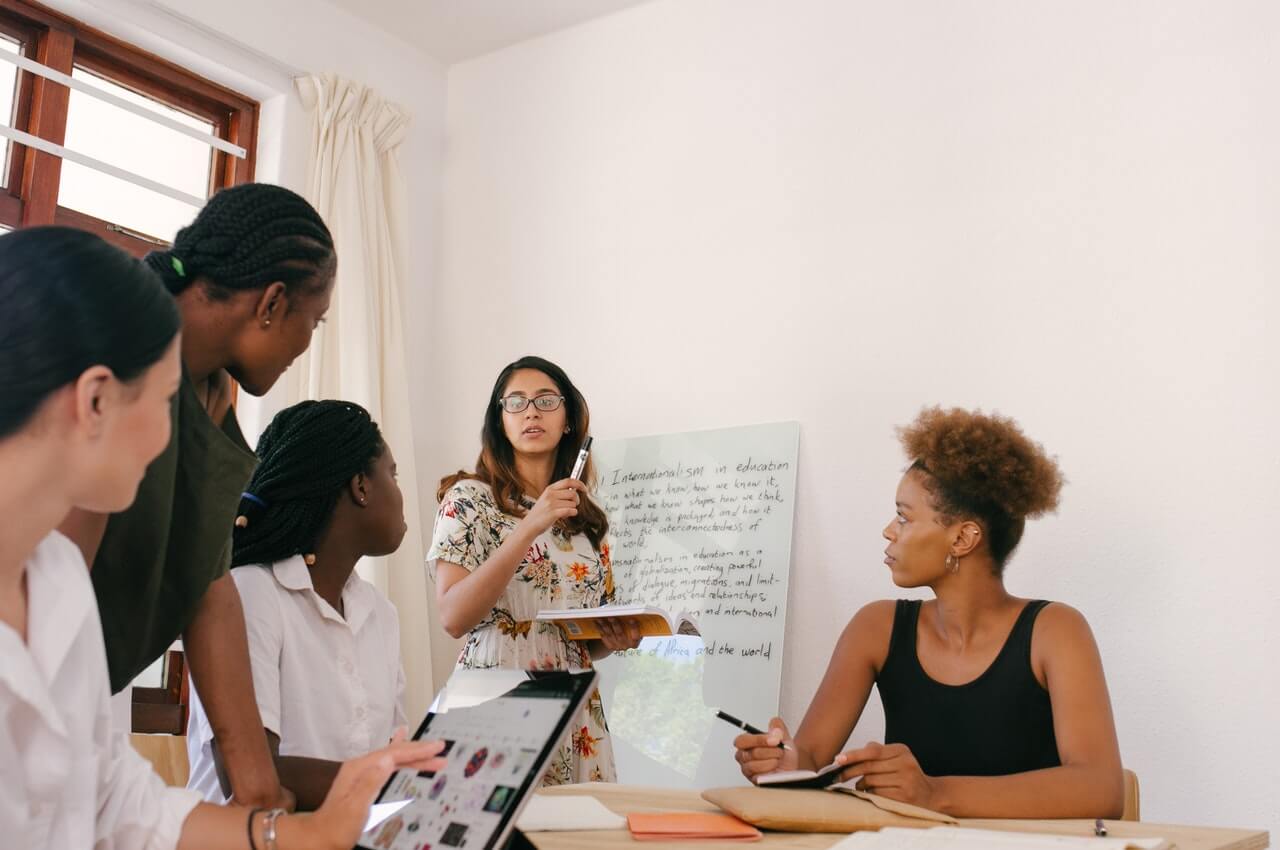Group. Project. These are possibly two of the most dreaded words to an Massachusetts Institute of Technology Student, inducing fears of getting stuck with the slacker partner or pulling an all-nighter to throw together a half-effort project.

- Team building can help stop your team creating a monster
At least, this is how those two words make me feel. So when I heard that I would be working on not one but three group projects in my classes this semester, I was dismayed, to say the least.
The biggest of these projects is a semester long research project in a lab class, for which I have so far invested upwards of 20 hours a week, one all-nighter and countless late nights with my two partners. The class has a required team building component, one that we were all contemptuous of at first. Team building? Setting ground rules? Why should we waste our time learning things like that when there was real work to be done?
Although we all wanted to jump right into our research projects, we weren’t given a choice. Instead, over the course of a four-hour team-building lecture, we established ground rules for the semester and started getting to know each other. Thanks to this, my three-person team became more cohesive than I could have imagined. We know each member’s personality and commitments, and have adopted a “we’re all in this together” attitude.
The value of that team building became even more apparent when I started a group project in a different class. This short, intense four-week project required creativity and collaboration; a positive group dynamic was sure to make it more successful. Although we were encouraged to get to know each other and choose a group leader, this was nothing compared to the highly structured team building I experienced in my lab class.
As a result our project got off to a rocky start and we quickly fell behind schedule. We had a hard time establishing how and when we were going to communicate and weren’t able to split the workload effectively because we didn’t understand each other’s commitments. The project got done, as they always do, but it could have been a better experience for everyone if we had used the techniques I learned in my lab class.
Just like my classmates in lab, most MIT students resist the idea that teamwork is important like oil resists mixing with water. And through my experiences this semester, I’ve seen that even when suggestions for how to have a successful team experience are offered, the process is not organic.
As you read in last week’s article about internships, building trust, loyalty and commitment in a team is vital to the success and sanity of everyone involved. And learning how to lay the foundation for a strong team is a skill that will be valuable even beyond the MIT bubble.
So take a risk: challenge your group’s aversion to team building and take a few simple steps to put your group on the path to success.
1) Set some ground rules. Decide who will do what by when and make sure that everyone commits to doing their part. Lay out a method for how, when and how often you will communicate as a group. Use texts, e-mail, Dropbox and Google docs to make sure your team is on the same page.
2) Get to know your group members and understand their commitments. What are they involved in on campus? What do they have going on in their other classes? This part is especially vital to understanding how to divide up workloads. But don’t just stop at learning about their commitments. Building relationships with your group members shows them that they are important to the team and will strengthen their loyalty to the project.
3) Don’t be afraid to step up and be the team “coordinator.” This doesn’t mean that you need to be the taskmaster or the one who does all the work. It’s a role that you can fulfill simply by keeping track of the group’s progress and facilitating communication.
Ultimately, effective team building takes practice and the ability to relate to different people in different situations. You can join clubs, project teams or programs like the MIT Gordon Engineering Leadership Program to gain this valuable experience.
Eventually our time at the Institute will come to an end and we will step into a world where our success depends on how well we perform as members of a team. So stop dreading the words “team project” and think of group work at MIT as an opportunity to learn skills that will someday enhance your career.
——————
For more resources, see our Library topic Team Building.
——————
This is a guest blog written by Elizabeth Ohrt who is a junior in the Department of Chemical Engineeringin and on the Gordon-MIT Engineering Leadership Program.
 Sections of this topic
Sections of this topic

















